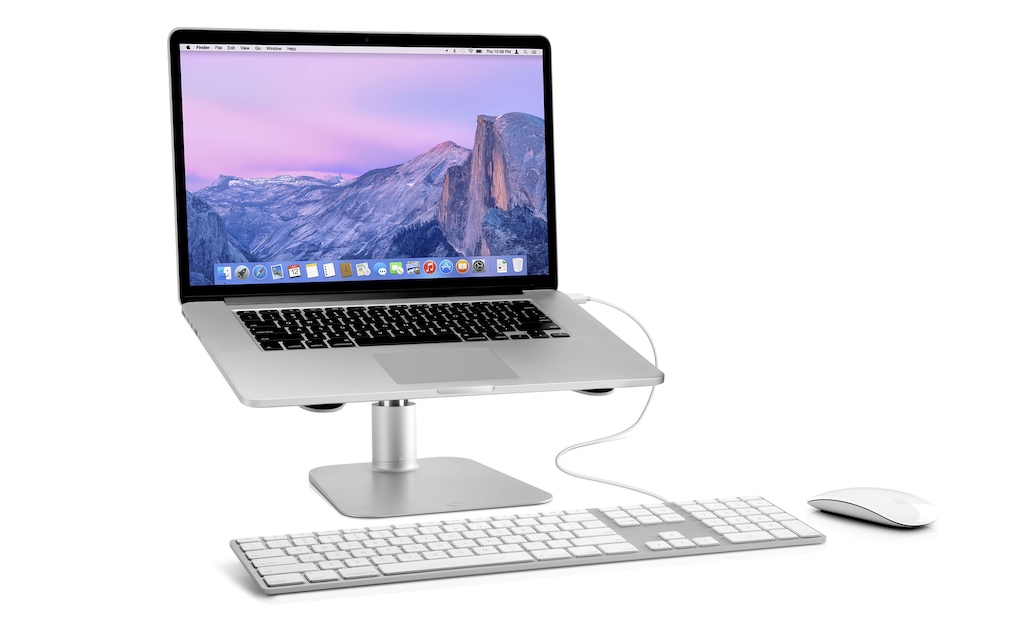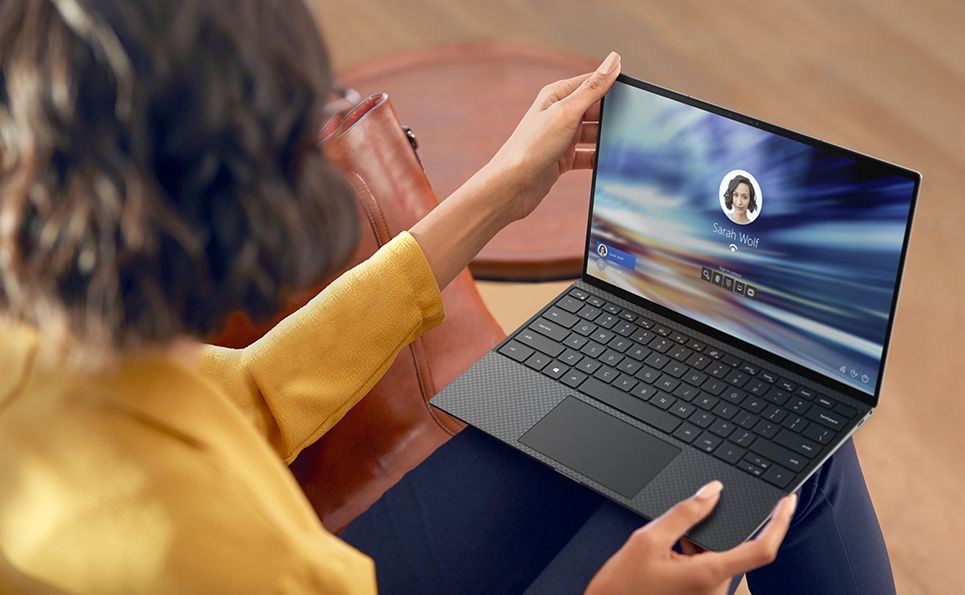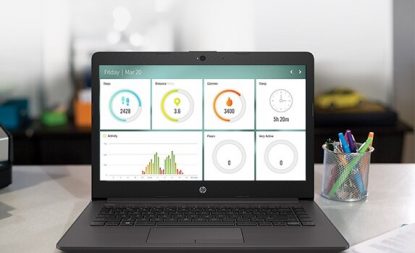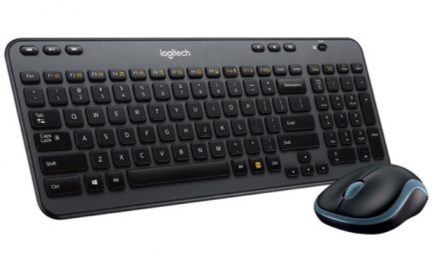
Working from home (WFH) has become more common than ever. Thanks to modern technology, many employees can be just as productive from their home as they are in the office. Usually, it’s for a few days or a week—when a kid is sick and someone has to watch them, for example—and sometimes it can be for a longer period. I worked for a company for 13 years where I worked from home roughly once a week. Since then I have spent the past decade working from a home office, often while requiring remote access to systems used by media outlets and corporate clients. So I have a pretty good working knowledge of what is required, especially when it comes to a computer: the single most important part of most WFH setups.
With the right computer, working from home can be a breeze. Pick the wrong one, and it can turn into a nightmare that finds you spending way too much time with your company’s IT staff as they try to find workarounds …
Ask the IT staff if there are any specific requirements
I realize I just groused about spending time talking to IT staff, but that wasn’t meant as a slag against them. More a recognition that their time is valuable. And speaking of valuable, they are your absolute first stop before buying a computer to use for working from home.
Before you look at any cool features, user reviews, prices, or any of your usual shopping tools, ask your company’s IT department if they have any specific requirements. With so many companies using cloud-based solutions for remote access, home computer rules tend to be much less restrictive than they once were. However, some companies still require specifics, such as an operating system (that will usually be Windows). It’s possible they also use a physical security key that may require the PC to have a USB port.
The IT staff will also ensure you have any credentials required to access systems remotely.
 Also, this isn’t directly related to the computer, but keep in mind some companies set a minimum internet connection speed for remote access. Video conferencing tends to fall apart if one of the participants’ feeds keeps dropping out … An upgrade to your ISP plan, or a new Wi-Fi router may be in the cards.
Also, this isn’t directly related to the computer, but keep in mind some companies set a minimum internet connection speed for remote access. Video conferencing tends to fall apart if one of the participants’ feeds keeps dropping out … An upgrade to your ISP plan, or a new Wi-Fi router may be in the cards.
Most likely, you’ll be told to pick something that can run Microsoft Office, but it’s better to know upfront.
A laptop is the ideal WFH computer, but spec it higher
While there’s nothing wrong with a desktop PC or all-in-one computer, for most people a laptop makes the ideal computer for working from home.
It takes up little space, it can be moved from location to location as needed (especially important in a WFH situation where you may have to work around family members), and it is easy to physically bring into the office should you require some assistance. In addition, a laptop gets you hours without access to an electrical outlet. This doesn’t just mean flexibility (I like to work outside on the deck in nice weather), it also provides you with hours of productive time in the event of a power outage.

When it comes to a laptop that’s meant to support working from home, I would recommend shooting for something with higher specs. Any sort of work is going to be more taxing than browsing the web and streaming video.
I would look at recent (9th or better yet 10th generation) Intel Core processors, ideally at least a Core i5 to ensure solid performance. 8GB of RAM is typical on laptops, but if you have the option of 12GB or 16GB, that gives you plenty of room to have multiple applications and windows open. SSD storage keeps things zippy, but shoot for 256GB or more to ensure you have the capacity for applications and work files. The display should be Full HD resolution (you can go for 4K, but that’s probably overkill on a laptop), but I would shoot for 15-inches to prevent squinting.
Ports are a big one. Many of today’s super-sleek portables make do with minimal ports. You may need to connect accessories, so I would look for a laptop that has USB-C plus some old school USB Type-A ports, as well as video output. And pick a laptop with a keyboard you feel comfortable typing on.
 Also, if your WFH experience is going to include video conferencing, pay attention to the laptop’s webcam and microphone(s). In particular, you want a Full HD camera, and one positioned near the top of the display.
Also, if your WFH experience is going to include video conferencing, pay attention to the laptop’s webcam and microphone(s). In particular, you want a Full HD camera, and one positioned near the top of the display.
So long as your IT department doesn’t have any restrictions, Windows, MacBook or Chromebook is largely a matter of personal preference. That being said, Windows laptops do offer the most flexibility in terms of installing software, followed by MacBooks.
Extras improve the experience (especially with a laptop)
When we pick a computer for home use, the most popular form factor is a laptop. However, if that WFH session stretches for any length of time, you’ll quickly notice the limitations of the form factor.
 I would suggest a few extras that make the experience much better. A Bluetooth wireless keyboard and mouse combo frees you up to type much more comfortably—and likely more effectively.
I would suggest a few extras that make the experience much better. A Bluetooth wireless keyboard and mouse combo frees you up to type much more comfortably—and likely more effectively.
If your laptop’s display is large enough to work for an extended period, a laptop stand is a great investment. This handy device will elevate the laptop’s display, reducing neck strain.
Finally, I would suggest investing in an external monitor. This is a huge improvement over just the laptop display. In fact you could choose to use the laptop display as a second screen … With a monitor, a smaller laptop display is also easier to justify, so the laptop itself gets more portable. Many TVs have a PC input or support casting, but that limits you a specific location—and often far enough from the screen that it’s not really all that useful.
That pretty much covers it off for working from home from the perspective of what computer to buy. For more tips about what you need for an effective WFH setup, check out the blog’s “Work at home buying guide,” covering everything from picking the right chair to the use of noise-cancelling headphones to get the peace and quiet you need to work.




The other day I found a site on learning how to make money at home,
I did not believe until the last that it was possible.
But now I myself earn up to $ 1000 per day.
It is legal and real. I will share this idea with you. https://bit.ly/2W1ya9Q
Comments are closed.